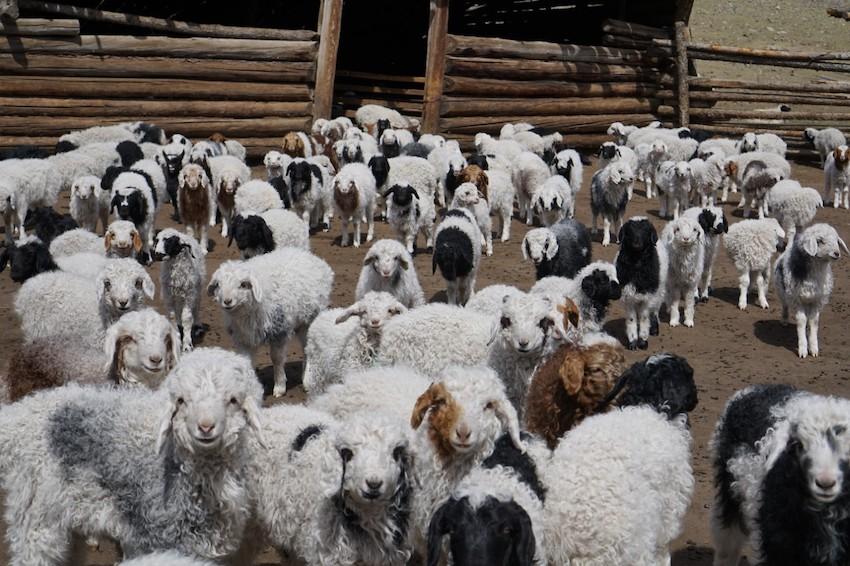
Trading Mongolia’s Sovereign Meat is an anthropological study of the turn to export-oriented, intensified meat production in Mongolia. Seeking to revitalise its economy in the wake of crisis in the mining sector, Mongolia hopes to capitalise on the 'meatification' of diets in Asia. Mongolia, however, is a country where 'nomadic' pastoralism and meat eating are central to national identity. Wedged between Russia and China, Mongolian food sovereignty is also directly linked to national sovereignty through the constitutional classification of livestock as a ‘national asset under the protection of the state’. The export of meat from Mongolia is thus a highly contentious political issue.
Our project examines the complex political, technical, and legal work that goes into making meat into a resource that can cross borders and explores the resulting tensions and anxieties over national identity and sovereignty. Through this study of the situated politics of the Asian 'livestock revolution' - the increase in demand for food of animal origin tied to population growth, urbanisation and income growth - we will provide a unique perspective on urgent questions surrounding food systems, regimes of biosecurity, and national and international legal frameworks, while shedding new theoretical light on the relationship between sovereignty, trade, and resources.
The project will study how herd animals are transformed into commodities, how these commodities are made to circulate both within Mongolia and across its borders, and the political effects of these processes. Drawing on the unique capacity of ethnographic research to provide insight into how apparently technical interventions have complex social effects, we aim to examine how a range of actors navigate the post-socialist revival of an export-oriented meat industry, study efforts to standardise meat production, and thus uncover the effects of the livestock revolution from the margins of the world economy.
This is an ESRC funded Research Grant, 01 September 2022 – 01 September 2025
Research Team
Professor Uradyn E. Bulag (PI)
Dr Thomas White (Co-Investigator, KCL)
